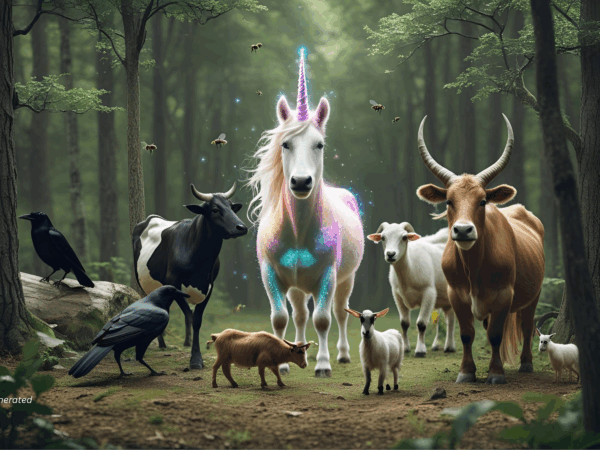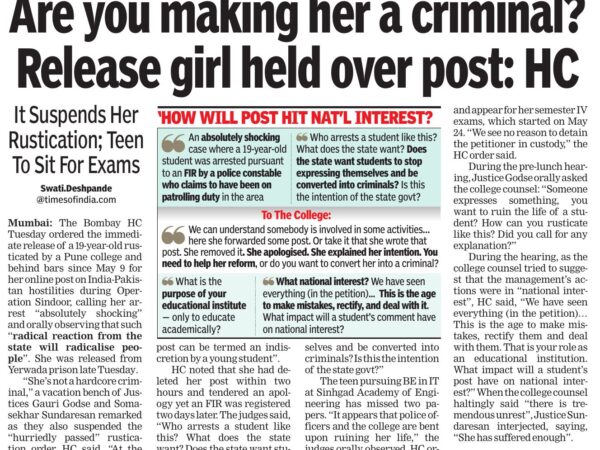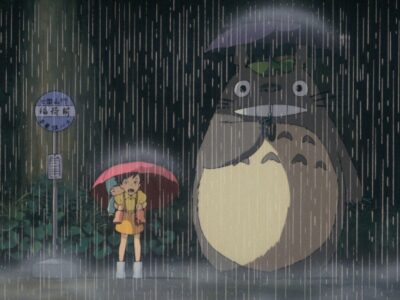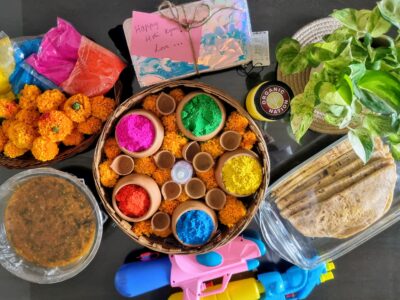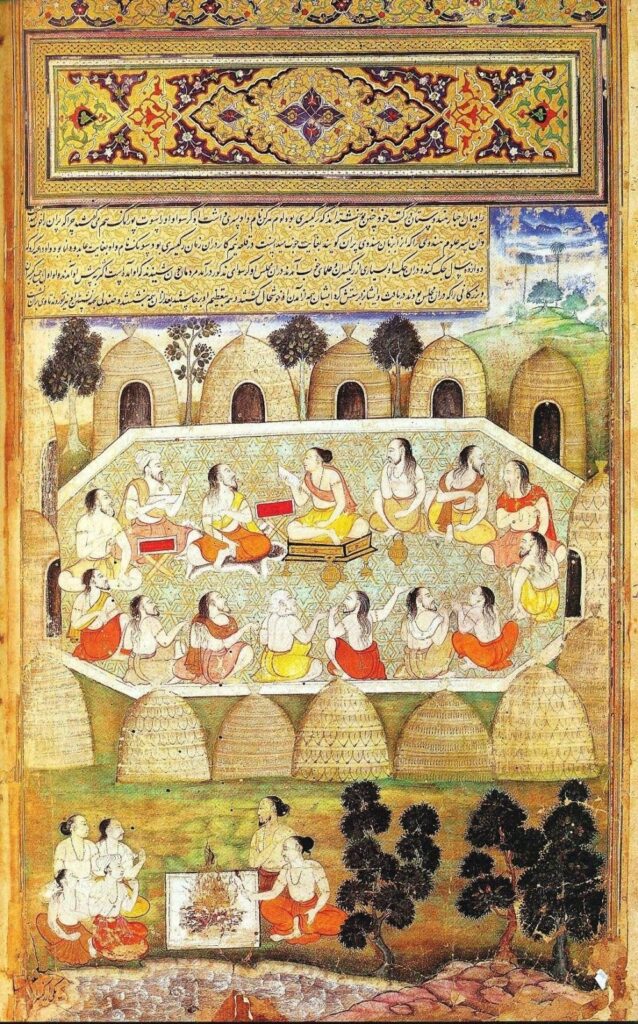
Balarama, Krishna’s elder brother who, in spite of having a short temper, stayed away from the war at Kurukshetra, was travelling through the country on a pilgrimage when he came to Naimisharanya (the Naimisha forest) where he found a clutch of sages listening to the Puranas narrated by Romaharsha, a Kshatriya with a Brahmin wife and hence, a son who was designated a ‘Suta’ (yes, there are different names for children born to mixed caste parentage, as would be expected of this intricately designed system of oppression; but that is not the point of this post). Romaharsha was either slow to act or did not recognise Balarama as divine or for whatever reason, did not wish him with folded hands as everyone else did. This angered the demi-God and he killed Romaharsha, much to the chagrin of the other sages who had promised him a long life. Balarama, to pacify them, blessed his Suta son, Ugrashrava (also called Sauti) with the boon of being the teller of Puranas, and specifically a particular story.
Sauti narrated a story to Shaunaka, who is considered the first Sanskrit grammarian (and wrote the Rgveda Pratisakhya, which is a detailed guide to pronunciation) and who was present in Naimisharanya to teach the other sages a specific yajna. In this story, Sauti talks of a previous sage Vaishampayan narrating the story of the lineage of King Bharata, the son of Dushyant & Shakuntala to King Janamejaya, the son of Parikshit, grandson of Abhimanyu, and the great-grandson of Arjun. The stage is a sacrificial yajna being conducted by King Janamejaya to eliminate all snakes from Earth following the death of his father from a snake bite. Within this story, called Jaya, sage Vaishampayan, the narrator, tells King Parikshit about a great war that his ancestors fought. The story of this war is called Mahabharata.
But that is not the end of the story-within-a-story-within-a-story-within-a-story narrative. All of this is actually an epic poem that is dictated by Vyasa muni (another sage, the first, and illegitimate son of Satyavati, later the wife of Shantanu, the great grandfather of the Kauravas & Pandavas), who is supposed to be an immortal partial incarnation of Lord Vishnu and also the compiler of the mantras of the Vedas into four Vedas, as well as the author of the eighteen Puranas and the Brahma Sutras. And I am not even including a million other side stories and details in my short post.
How utterly fascinating is this! How deep and sumptuous is this vein of literary, philosophical, spiritual, historical, and cultural gold that can be mined indefinitely for unlimited stories and insights, for great entertainment and art, for literature and philosophy! How poor would Shakespeare’s contribution to the English language and Anglo-Saxon culture look and how bland GRR Martin and JRR Tolkein seem in comparison were we to view this as mythology and literature instead of religion, or worse still, moral guides! Oh, the misery of a small mind!
Now, tell me, if we Indians weren’t so stupid as to consider this history and the story as religious (and hence, sacred), would this not beat literally any Greek or Roman mythology hands down? Would it not be an understatement to call it Shakesperean? Would this not be epic (both literally and figuratively)? How fascinating would this be if only we didn’t effing deify everything? Why must we associate every goddamned thing with the divine, and hence untouchable? Why are we so humourless, thin-skinned, quick-tempered, and righteously indignant about every slight slight, whether real or imagined, mostly imagined? I think we are poorer for it. And as an ancient civilisation, rich in history mythology, languages, cuisines, costumes, cultures, traditions, storytelling, art, music, literature, science, philosophy, statecraft, war, architecture, agriculture, mathematics, racial diversity, and shared experiences of millennia, isn’t it rather sad that being poor in our perspective of life takes away everything we have gained over the past few thousand years?
I say it’s just tragic.


